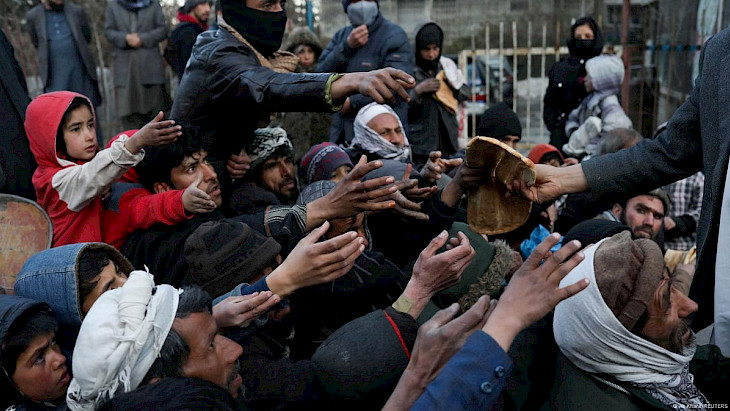Afghanistan’s economy is showing signs of gradual recovery, but widespread poverty, forced repatriation of refugees, and a deepening humanitarian crisis continue to threaten the country’s stability, according to the latest World Bank report “Jobs and Women: Untapped Talent, Unfulfilled Growth”, covering the Middle East, North Africa, Afghanistan, and Pakistan, reports Khaama.com.
The World Bank projects that Afghanistan’s GDP will grow by around 4.3% in the 2025–2026 fiscal years, driven mainly by household consumption and public spending. However, with the population expected to increase by 8.6%, per capita income may fall by nearly 4%, leaving millions of Afghans trapped in poverty. Between 15 and 24 million people — almost half the population — live on less than $3 a day.
The situation is further worsened by forced migration, natural disasters, and weak governance. Since 2023, more than 4 million Afghans have returned from Pakistan and Iran, including over 2 million in just the first seven months of 2025. The August 2025 earthquake, which claimed more than 2,000 lives, caused an estimated $183 million in damages — about 1% of the country’s GDP.
The report also highlights that Afghanistan remains one of the most restrictive countries for women. Due to social and political constraints, most women are forced to work in the informal sector for low pay. Although female participation in the labor force slightly increased between 2020 and 2023, around 60% of women remain economically inactive.
According to the World Bank, Afghanistan’s recovery remains fragile without international support and structural reforms. Reduced aid has already led to the closure of hundreds of health centers and a sharp rise in humanitarian needs.
World Bank Chief Economist for the region, Roberta Gatti, stated that greater female participation in the workforce could raise per capita GDP by 20–30% in countries like Egypt, Jordan, and Pakistan. Ousmane Dione, the Bank’s Vice President for the region, called for “bold, comprehensive reforms” to remove structural barriers and expand women’s economic rights.
The report concludes that Afghanistan’s outlook remains uncertain: “Humanitarian needs are rapidly increasing, while domestic response capacity is severely limited. Without inclusive policies, millions of Afghans — especially women and returning refugees — will remain trapped in poverty.”
CentralasianLIGHT.org
October 8, 2025

